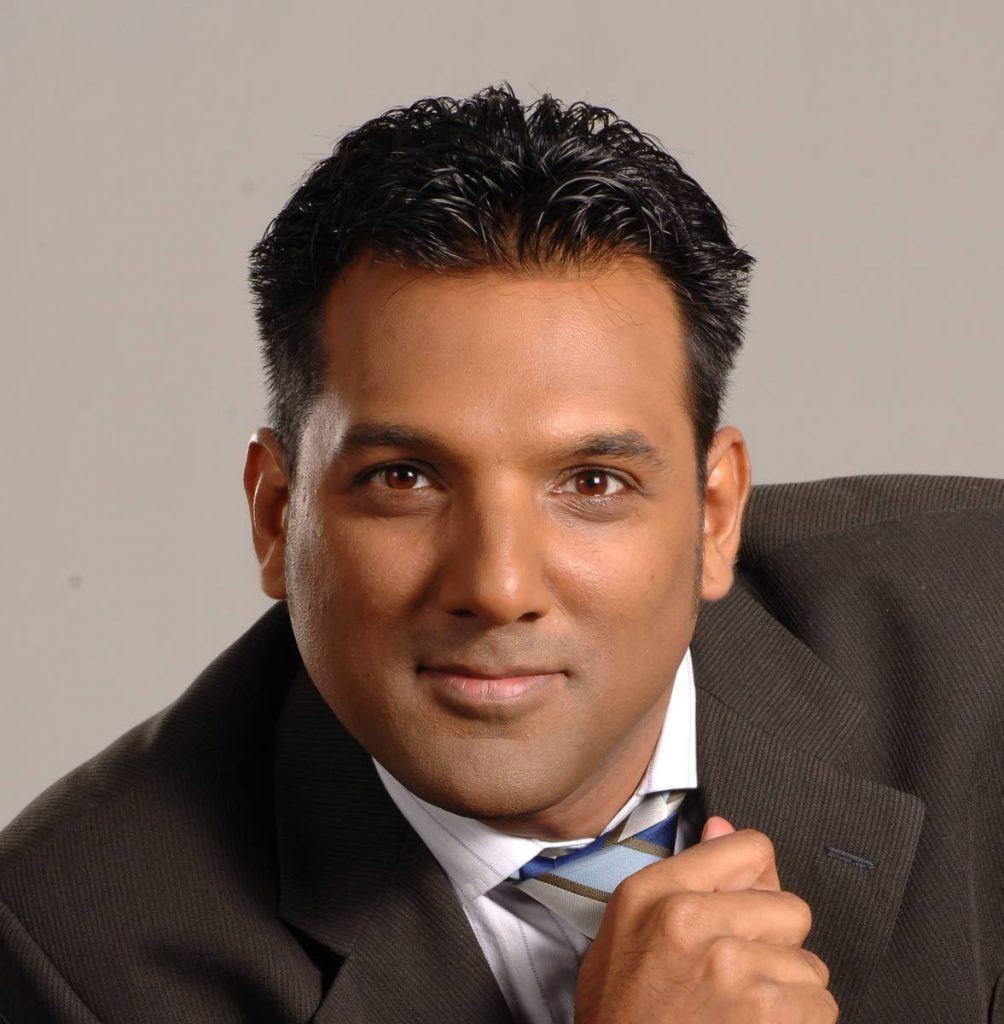‘Independent Thought and Caribbean Freedom’ revisited

DR KIRK MEIGHOO
WE IN TT have found ourselves in a political and diplomatic mess, in the middle of a geopolitical conflict between the US and Venezuela – perhaps even Iran now? – and apparently taking sides in the latest Venezuelan civil war.
It appears as though we have lost sense of the fundamentals of our independence, foreign policy and international relations. Other interests appear to be taking us off course into dangerous territory which does not serve our short-, medium- or long-term interests.
An important place to start to regain our bearings is Lloyd Best’s seminal 1971 essay, “Independent Thought and Caribbean Freedom.”
This was in many ways the seminal statement of the pan-Caribbean, political-intellectual New World Group – to which I have been connected for some decades. The New World Group began in Jamaica while Best was lecturing there, inspired by CLR James’s lectures at the UWI Mona Campus on the West Indies Federation. The movement spread down to Guyana, TT, and throughout the Eastern Caribbean.
By 1971, Jamaica (1962), TT (1962), Guyana (1966) and Barbados (1966) had become independent. The Eastern Caribbean states had not done so as yet. Black Power, radical trade unionism, socialism and communism, and Cold War rivalries were rocking the entire region during the period.
Many intellectuals, trade unionists and political parties had embraced socialism and were openly aligning themselves with the Soviet Union and the communist bloc. Other political parties were embracing the US and Great Britain.
In Guyana, Jamaica and Grenada this socialist alignment went farthest in the English-speaking Caribbean. It put our countries in unnecessary trouble.
Had we become independent, merely to allow ourselves to be used as pawns in other people’s Cold War? Did we really think that either side in that war cared for our well-being and development, or indeed even knew what to do to help us? Why would we submerge our national interest and development in foreign conflicts that had nothing to do with us? Were we just looking for new imperial masters, so soon after independence?
These are the fundamental questions Best put to the entire region.
Best was convinced that no international power had the development of our countries first and foremost in their minds – nor should they have. Our development is our concern and responsibility, and no one else’s.
Best saw the often intense ideological battle between so-called “socialists” and so-called “capitalists” in the region as “substitute activity.” A kind of fantasy and role playing, that VS Naipaul had also called out so well, and even Eric Williams did at some points.
It eventually hurt the region badly in the 1970s and 1980s: the CIA intervened as Michael Manley unnecessarily emboldened his rhetoric and it began the garrison warfare there; Grenada disintegrated with the murder of Maurice Bishop in the grip of “Marxist-Leninist” fervour; and in Guyana from the 1950s and 1960s the intervention of the great powers led to bloodshed, dictatorship, poverty and violence.
Lloyd rightly called all of this “substitute activity” that was not only unproductive, but dangerous. Our people became so caught up in these global debates that it substituted for our first responsibility: solving our problems right here at home, the development of our countries and the region. It was a way of running away from our responsibility, using borrowed rhetoric to fight a fight that was not ours.
Controversially, Best boasted that he “mashed up all that left-wing business in Trinidad.” He urged a truly independent position, on neither side of a neo-imperial Cold War.
Of course, we can make statements and take public positions on these global conflicts, if we so wish. But to get openly – or even secretly – involved unnecessarily directs our attention away from where it should be.
We had – and have – our own fight. And we do not need to antagonise any side in whatever fights they are having. Fifty years later, we are far from solving our own problems of development, and the national and global covid19 lockdown has made matters even worse. We need to focus here, not elsewhere.
In our current Venezuelan crisis, there is a further issue. While socialist-leaning intellectuals, outright socialists, anti-imperialists, anti-Americans and others have rallied for ideological reasons, we are neglecting the fact that the billionaire Wilmer Ruperti is the driver of the global sanctions-busting regime, in which Trinidad is alleged to be just one part, and in which there is surely large sums of money passing through.
So while citizens are fighting ideological battles, there are these other matters which must be thoroughly investigated, made even more necessary because our government leaders keep getting caught in mis-statement after mis-statement.
The ideological argument that is currently taking place is another type of “substitute activity” altogether: a sort of distraction, misdirection and sleight of hand by people who may have other motives entirely.
So while we seek to extricate ourselves from direct participation or entanglement in this increasingly escalating geopolitical confrontation, let us also clear up the money trail, which appears to be as murky as the location, path and destinations of the fuel itself.


Comments
"‘Independent Thought and Caribbean Freedom’ revisited"